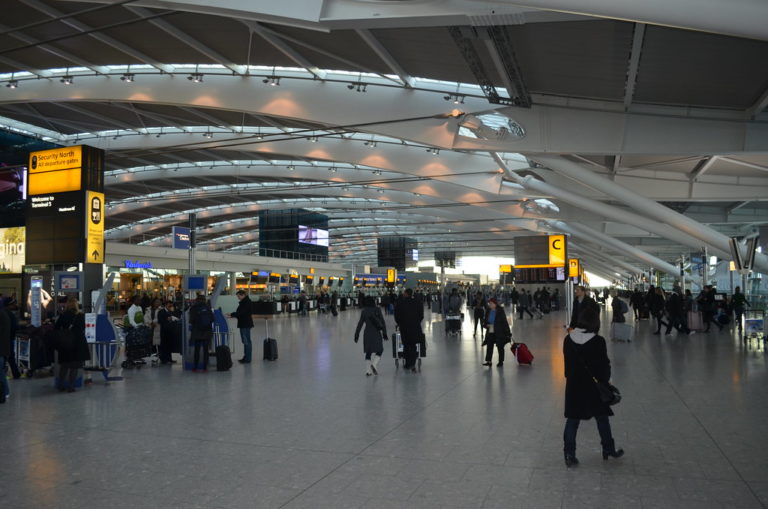UK business owners making more changes than ever to manage spiralling energy costs
Due to the continuingly bleak economic outlook, small business owners have increased their use of energy-saving practice during the last year. This has involved adopting new technologies and motivating employees to adopt more energy-efficient behaviours.
Company owners have been making an average of six adjustments to conserve energy, according to new study released today by Smart Energy GB. In terms of activities, 29% have dropped their boiler's temperature, a quarter have shut off the radiators in certain rooms, 24% have lowered their thermostat and 20% have stopped using paper altogether.
A little under a third of people check their energy consumption several times per week, with almost three in ten doing so at least once a day.
Another strategy for lowering energy expenses was to outlaw printing, promote working from home whenever feasible and only run the dishwasher when it was completely full. For 32%, energy-efficient light bulbs are already standard, and 24% avoid overboiling the kettle.
19% of businesses are cutting back on hours, and 33% say they are "very likely" to move their offices.
Victoria Bacon is the director of Smart Energy GB. She said this about this: “As business owners continue to reduce their energy usage wherever possible, actions such as changing to LED lightbulbs and turning off the lights when rooms are not being used are now increasingly commonplace. As is encouraging staff to adopt more energy saving behaviours.”
"The research also looked at how new tech has helped firms with their day-to-day administrative tasks, with 89 per cent of respondents agreeing that investing in new technology has been an effective way of reducing daily costs in the long run. This includes email marketing and social media promotion, as well as using more software for accounting and procurement purposes.
"We know from our research how hard small businesses are working to keep their finances under control. A smart meter comes at no extra cost and measures energy usage in near-real time, providing accurate bills. This means businesses only pay for the energy they actually use, which can help business owners to manage their cashflow and budgets.”
"Of those surveyed, 58 per cent admit they’re still not sure of the most efficient ways to cut costs in their business, with 35 per cent saying there isn’t enough information available. Nearly four in 10 (39 per cent) use so much equipment that it’s hard to keep track of energy use, while 34 per cent can’t afford to upgrade their gear.
"And for 73 per cent, 2022 was the only year so far that they had to really consider cutting costs at their workplace, with nearly three quarters (72 per cent) fearing that if they were to cut back on costs much further, their business simply wouldn’t function as usual."
"Yet, 78 per cent say it is a bonus that a lot of their energy saving measures are having a positive effect on the environment. Of those polled, 65 per cent say that reducing their company’s carbon footprint is either more important, or at least equally important, as reducing costs."
READ MORE: SSE launch free carbon offsetting project stating it will save £6.3m in energy costs














